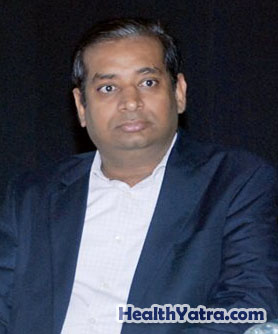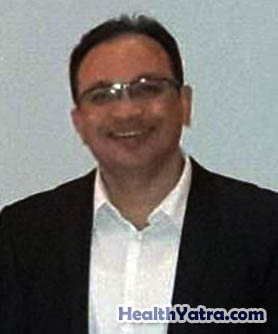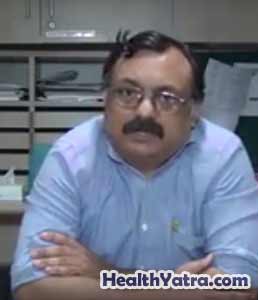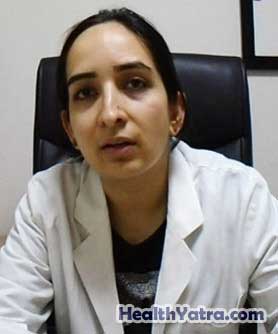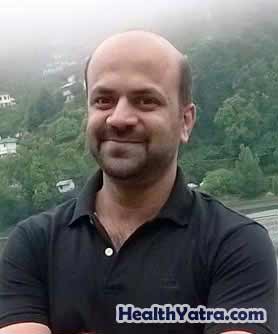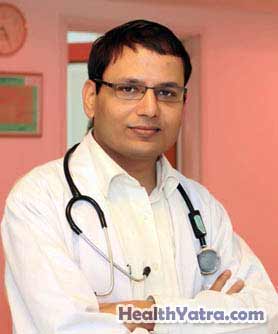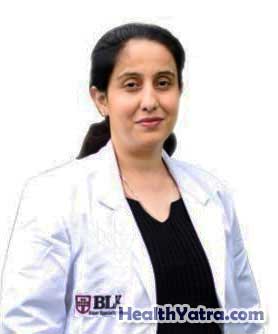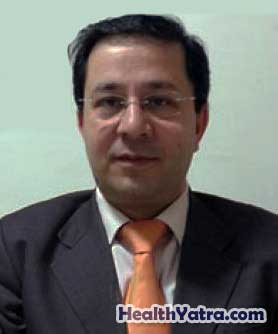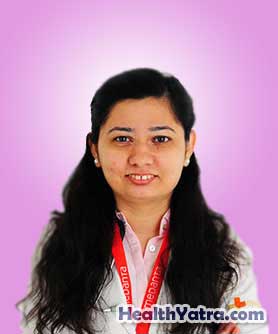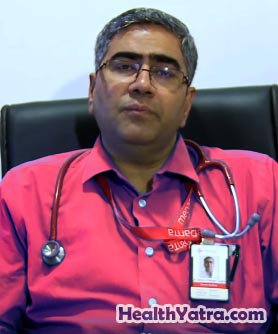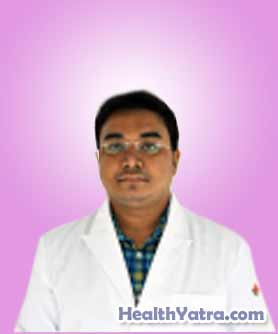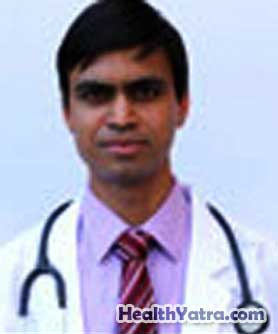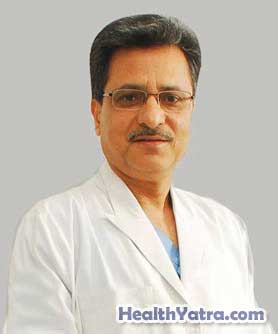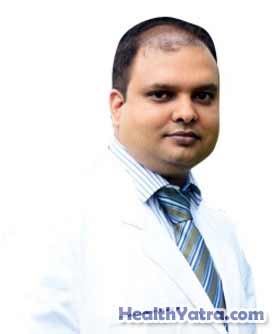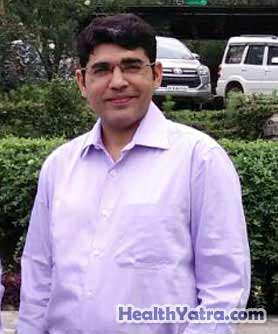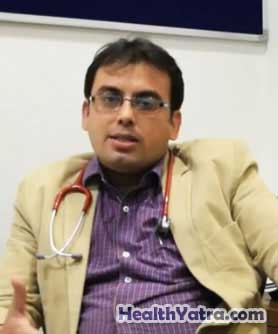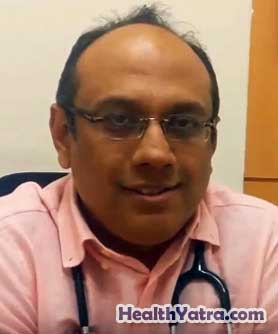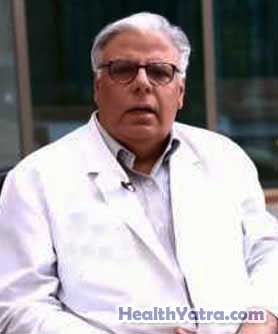Definition
Lymphomas are cancers of the lymphatic system. The lymphatic system drains excess fluid from tissues. It also helps protect against infections.
Non-Hodgkin’s lymphoma is a name that applies to many types of lymphomas. These types are based on the cell that is involved and the patterns of growth.
In general, these types can be classified as:
- Slow growing lymphomas, also known as indolent lymphomas
- Aggressive lymphomas
- Highly aggressive lymphomas
These cancers are different from Hodgkin’s lymphoma.
Cancer occurs when cells in the body divide out of control or order. If cells keep dividing, a mass of tissue forms. These are called growths or tumors. If the tumor is cancer, it is called malignant. It can invade nearby tissue and spread to other parts of the body.
Causes
The cause of non-Hodgkin’s lymphoma is unknown. DNA mutations that occur after birth may be related to this cancer. These mutations can occur as a result of exposure to radiation or cancer-causing chemicals. They may also occur with age or for no apparent reason.
Risk Factors
Most people who develop non-Hodgkin’s lymphoma have no known risk factors. However, the following factors may increase your chance of developing this condition:
- Sex: male
- Age: 60 to 70 years old
- Frequent and accumulating exposure to certain types of chemicals, such as herbicides, pesticides, benzene, and chlorinated organic solvents
- Infections involving the immune system, such as HIV/AIDS and Epstein-Barr virus
- History of chemotherapy, radiation therapy, or immunosupressive therapy
- Chromosomal translocations, which occur when DNA breaks off one chromosome and becomes attached to another
- A parent who has had non-Hodgkin’s lymphoma, especially if they had it at an early age
- Celiac disease—gluten enteropathy or gluten intolerance
- Chronic infections, such as lupus, rheumatoid arthritis, and Sjogren’s syndrome
- Obesity
Symptoms
Symptoms include:
- Painless swelling of the neck, underarm, groin, or any other lymph node-bearing regions of the body
- Unexplained fever
- Profuse sweating
- Constant fatigue
- Unexplained weight loss
- Itchy skin, especially on the legs and feet
- Red patches on the skin
- Chest pain or shortness of breath
- Bruising
Diagnosis
Your doctor will ask about your symptoms and medical history. A physical exam will be done. It will include an exam of your lymph nodes. Most enlarged or swollen lymph nodes result from an infection. If infection is suspected, you may be given medication and told to return.
If swelling persists, your doctor may order more tests. They will help to determine if there is cancer and what type of cancer is present.
Your bodily fluids and tissues may be tested. This can be done with:
- Excisional or incisional biopsy
- Fine needle aspiration (FNA) biopsy
- Bone marrow aspiration and biopsy
- Spinal tap
- Immunohistochemistry
- Flow cytometry
- Cytogenetics and/or molecular genetic studies
- Blood tests
Your doctor may need to view your bodily structures. This can be done with:
- Chest x-ray
- CT scan
- MRI scan
- Positron emission tomography (PET) scan
- Gallium scan
- Bone scan
- Ultrasound
Treatment
Treatments depend on the stage and type of cancer. The type is determined in part by a microscopic exam and other studies. Talk with your doctor about the best plan for you. Treatment options include:
Watchful Waiting
For some indolent lymphomas, no treatment may be needed for some time. Treatment is needed if the tumor begins to cause symptoms. Treatment may also be needed if the tumor becomes too large to tolerate, or shows signs of becoming aggressive.
Chemotherapy
Chemotherapy involves the use of drugs to kill cancer cells. It may be given by pill, injection, or via a catheter (tube). The drugs enter the bloodstream and travel through the body. They will kill mostly cancer cells. Some healthy cells may also be killed.
External Radiation Therapy
Radiation is directed at the tumor from a source outside the body to kill the cancer cells.
Bone Marrow Transplantation
A patient may use their own bone marrow. Their bone marrow is removed, treated, and frozen. Large doses of chemotherapy and/or radiation therapy are then applied to kill the cancer cells. After treatment, the bone marrow is replaced via a vein.
Marrow may also be donated by a healthy person.
Peripheral Stem Cell Transplantation
Stem cells are very immature cells that produce blood cells. They are removed from circulating blood before chemotherapy or radiation treatment. These cells are then replaced after treatment. The cells can then develop new, healthy cells.
Biological Therapy
These medications or substances are made by the body. They increase or restore the body’s natural defenses against cancer.
Interferons are one type of biological therapy. They interfere with the division of cancer cells and can slow tumor growth. Interferons are produced by the body. They can also be made in a lab to treat cancer and other diseases.
Sometimes, a drug or antibody that is directed at the lymphoma is linked to a radioactive substance. It will deliver a focused dose of radiation to the tumor.
Prevention
There are no guidelines for preventing non-Hodgkin’s lymphoma. To reduce your risk, avoid exposure to chemicals such as herbicides, pesticides, benzene, and chlorinated organic solvents. If you have celiac disease, maintain your gluten-free diet. This diet will minimize stimulation of your immune system from exposure to gluten.




